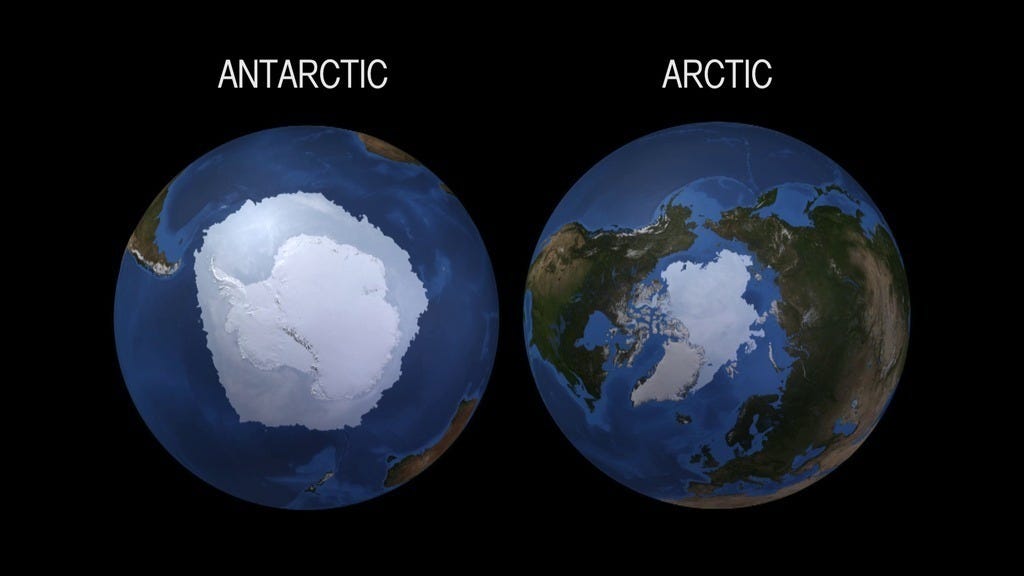Something that I put on a very high pedestal, is constantly becoming more educated. Over the course of my life, I plan to learn as much as I can.
While this could consist of taking classes at a university, learning a new language or really anything else — it’s not the point I want to make about life-long education.
My point is that I want to always be learning about new things in my own way throughout everyday life.
Society treats educational development like races with finish lines. If I took a class on the history of Egypt, by the end, I have learned something. But to me, you are constantly learning something new about Egypt, history and society everyday in your class. But you have learned about Egypt before your class, and you will continue to learn about Egypt long after your class. While there may be graduations, certificates and completion of classes in our modern education system, there will always be continuous learning in our own minds from the day we are born to the day we die.
Education is something that should happen everyday, and for it to happen, we need to document the small mental developments.
A big part of learning new things is synthesizing the idea in your mind. One way to process learning a new topic to then understanding it, is by writing. Writing can help us crystalize the new ideas we learn in our own way.
This mental regurgitation technique, of reciting what you have learned in your own words, solidifies very personal neural pathways in the mind.
One thing I want to do on Grow with Aidan, is to take some of my daily learnings I’ve gained through books, podcasts, Wikipedia, or anything else, and write them down in a way that helps me greater recall that information in the future as well as to make sense of it.
Typically these writings will be short and cover a broad range of topics that peak my curiosity. I’ll often add my own thoughts that arise when articulating what I’ve learned.
Without further ado, here we go.
Prisoners of Geography: Ten Maps That Explain Everything About the World
By Tim Marshall
How did I discover this book?
I was recommended this book by my friend Dylan Zuccherino who served in the U.S. Marines, went to Columbia for a bachelors degree in political science, and did the same study abroad program as me called Semester at Sea. I asked him for a book about global politics and history. The book did not disappoint in satisfying that knowledge itch.
Background on the Book
Each chapter focuses on a different region of the globe and how geography uniquely effected that nation’s history, politics and overall development as a civilization. As the author walks you through the 10 areas of Earth, you can’t help but feel like your transporting around the globe in your head. Some things I learned included the mighty expanse of Russia, Japan as the nation from the sun’s origins as referred to by China, and how Bangladesh formed from the diverse set of Pakistani regions after the British left. It was a treat for one book to cover so many topics about the world.
The Artic
One of the last chapters the book covered was the Artic. The Artic is located at the North Pole and is a region of ice in the Artic Ocean. To be clear, this is contrast to Antarctica which located at the South Pole and has a massive land mass below the ice. Only .4% of Antarctica’s land is exposed at the surface for us to study.
The Artic region covers eight countries: Canada, Greenland, Iceland, Norway, Sweden, Finland, Russia, and the United States. Since 1979, we have used satellites to capture the ice melting in the Artic which 98% of climate scientists is occurring in part to human caused climate change.
Some scientific models predict that the entire ice sheet in the Artic could melt by 2100. In addition to the environmental impacts on the region, the Artic is becoming a spot of geopolitical and economic.
In 2007, a Russian submarine planted their national flag on the seabed of the North Pole to stake a symbolic claim to the energy riches of the Arctic. A mechanical arm dropped a specially made, rust-proof titanium flag at a depth of 4,261 meters. Russia has serious national ambitions in the region and has gone on to rename the Artic ocean the Russian ocean.
Stark debate has occurred in the U.S. for decades whether U.S. companies should invest significant R&D to tap into potentially the largest oil reserve in the country. For years this has been outlawed as it remained the last stretch of wilderness in the U.S. But with the region becoming warmer and more manageable, along w Russia’s increase in activity, it becoming more than likely that U.S. might change their stance.
There is The Arctic Council which is a high-level intergovernmental forum that addresses issues faced by the Arctic governments and the indigenous people of the Arctic. Given the international rules based around the Artic region, the geography grab will unfold differently than what happened in the Middle East or Africa during the colonial eras.
My Thoughts on the Artic
What unfolds in the Artic over the course of the 21st century can be symbolic for the future of humanity. We can continue to let national and short-term economic interests define our choices. These choices are driven by natural human characteristics like fighting for the self vs. other and capturing resources for survival.
This way of thinking has guided humanity for so long but we are now at a point where we are facing global circumstances with our planet. The ice caps melting will raise the oceans and effect nations like the Maldives and Bangladesh. The warming of the planet will cause droughts, water shortages, and mass population migration.
If we can come together as one species in the harsh conditions of the Artic, we can demonstrate the best parts of humanity.
By maintaining wildlife, keeping indigenous communities indigenous, developing sustainable energy instead oil fracking, and multi-national initiative to support countries and people impacted by climate change, we grow stronger as a civilization. To most people, this might not seem their problem, but these decisions can help establish a more unified humanity which is essential if we want to ensure the long-term growth of our species.
ADHD & How Anyone Can Improve Their Focus
By Huberman Lab
How did I discover this podcast episode?
I was recommended this podcast and this specific episode by my friend Jake Sheinman AKA Jake Ryan. Jake works at Snapchat where he supports companies like Coinbase and Robinhood. Jake is deep in internet culture and has been very successful at flipping NFTs. We recently discussed how much of a distraction Twitter, Discord and OpenSea can be, and so he recommended this neurobiologists podcast about focus.
Background on the Episode
The podcast episode covers what Attention-deficit/hyperactivity disorder (ADHD) is and how were all distracted, but can find ways to be more focused in our lives. The host breaks down focus as the things that we pay attention to. Our brain is constantly taking in many different stimuli, but our focus blocks out most of it and draws our attention in to one particular thing going on. The example he shared was his voice was where our focus was, while we faded out whatever was in the background around us, which in my case, was the breeze and sun on my skin.
Dopamine and Focus
When we are focused on a task that is interesting and brings us joy, our brains release dopamine. This neurochemical releases, signifies pleasure often associated with a reward. Compounds like caffeine and Adderall, can increase our natural levels of dopamine which can help with focus. The reason many kids may be diagnosed with ADHD at a young age, and prescribed Adderall, is because the tasks they are doing simply doesn’t interest them so they are unable to focus.
Some people are able to overcome their lack of interest and fight to focus, but in people with ADHD, they are unable to do so. Interestingly, many of us today are constantly distracted by different stimuli in our everyday life. Thus creating a culture dependent on caffeine.
My Thoughts on Focus
We are able to accomplish more when our minds are naturally focused on a task. The dopamine is released organically and we fall into a organic state of focus. Find things you enjoy doing and your ability to focus will increase.
Conclusion
If there’s something interesting you recently read, watched or listened to, please share in the comments below. I’d love to hear from you and share it with this group.
I hope this piece inspired you to go learn something new.
As always, thanks for growing with me,
Aidan




Love the focus on continuous learning. Coming together as one species…Yes!